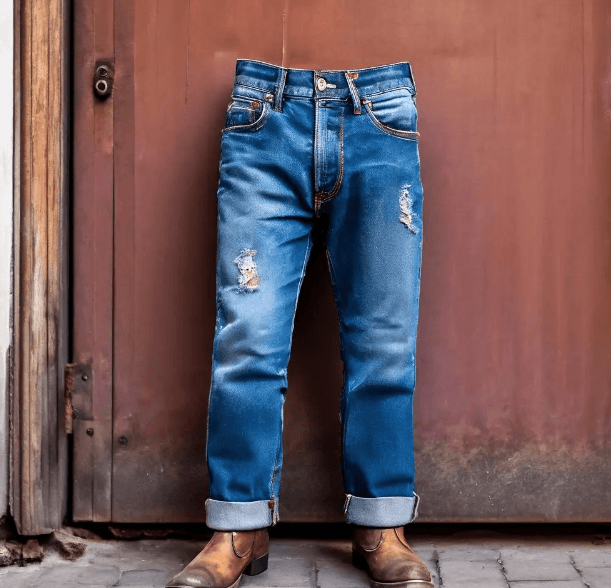The role of a denim fabric manufacturer has become increasingly complex as the fashion industry continues to evolve rapidly. Denim manufacturers face multiple challenges, from changing consumer preferences to environmental concerns. Yet, they remain a cornerstone of the fashion world, supplying high-quality fabric that continues to drive the popularity of denim garments worldwide.
One of the primary challenges is sustainability. Consumers today are more aware of the environmental impact of fashion, leading to increased demand for sustainable denim. Manufacturers must adapt by sourcing organic cotton, reducing chemical use in dyeing, and adopting water-efficient production methods. These steps not only reduce the environmental footprint but also align with the shifting consumer mindset toward eco-friendly fashion. Another challenge lies in balancing tradition with innovation. While classic styles remain in demand, there’s a growing need for innovative fabrics that incorporate advanced features like moisture-wicking, anti-odor properties, or increased stretch.
Moreover, competition in the global market has intensified. Denim fabric manufacturers must differentiate themselves by offering unique blends, custom washes, and exclusive textures that set them apart. This requires a deep understanding of market trends and a willingness to invest in new technology and skilled craftsmanship.
In summary, a denim fabric manufacturer navigates a complex landscape, balancing sustainability, tradition, and innovation to meet modern demands.
